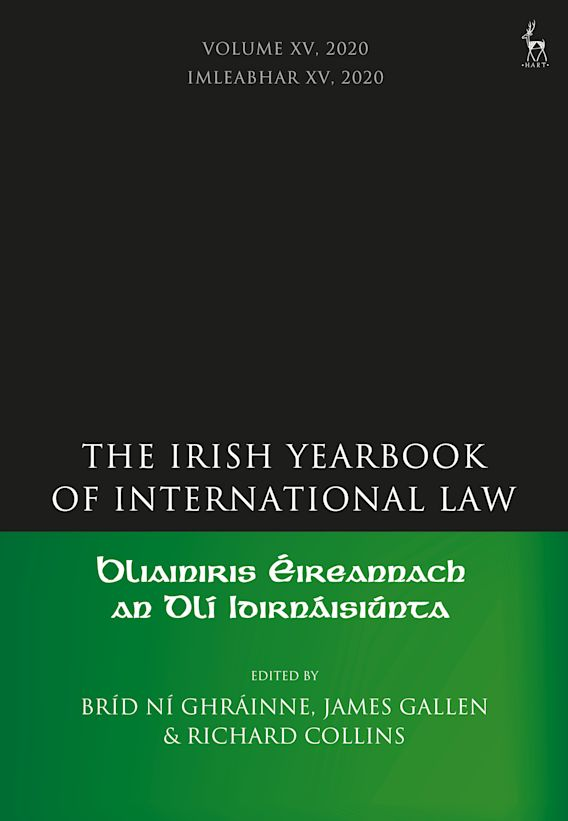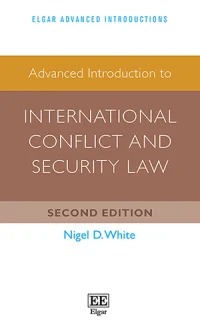In the wake of recent reporting on jus cogens by the U.N. International Law Commission (ILC), I thought I would share two feminist critiques of the doctrine.
First, “Magic” or Smoke and Mirrors? The Gendered Illusion of Jus Cogens seeks to demystify and debunk the ILC’s positivist methodology for identifying jus cogens norms and reveals the entrenched gender bias of this approach — instantiated by the baseless exclusion of the prohibition on gender discrimination from jus cogens status.
Abstract: International law scholars have referred to the “magic” of jus cogens norms: their exalted status in terms of legal effects, symbolic impact and ability to shape the international legal order. The doctrine’s “magic,” however, is belied by the smoke and mirrors of the prevailing approach to norm identification. This paper explores how the positivist identification process creates an illusion of methodological soundness that serves to marginalize gender.
The paper begins by demonstrating that the positivist approach to jus cogens identification, epitomized by the recent work of the ILC, is irredeemably lacking in the rigor and objectivity to which positivism lays claim. The ILC’s methodology fails to set forth clear benchmarks for attaining jus cogens status; cherry-picks evidentiary items relevant to each norm, in lieu of comprehensive assessments; provides minimal guidance regarding how evidentiary items are to be weighted; and draws from an unreliable pool of evidence. Next, the paper reveals that, as a result of these methodological deficiencies, judicial and non-judicial decision-makers have unfettered discretion in selecting which norms do and do not qualify as jus cogens. They may elect to make decisions based on instinct (“I know it when I see it”), assorted normativist theories (including natural law) or self-interest (as State actors are wont to do). The true bases of their decision-making are unknown, and a sense of jus cogens agnosticism is appropriate. The paper then explains how the discretionary selection process is cloaked and obscured by the positivist promise of an objective, rigorous evaluation — such is the illusion of jus cogens. This illusion facilitates the marginalization of gender, consistent with structural and pervasive biases within international law. The paper concludes with a reflection on potential alternatives to positivism that could yield a more inclusive jus cogens.
The novelty of this paper is three-fold. First, although not the first to lament the methodological failings of jus cogens positivism, it seems to be the first to identify and detail these failings. Second, the paper exposes the discretionary basis of jus cogens decision-making, which is obfuscated by the promise of a rigorous evidentiary calculus. This understanding disrupts the positivism-normativism binary that characterizes much of jus cogens scholarship. Third, the paper shows how the positivist illusion results in the exclusion of feminist priorities. Despite the voluminous scholarship on jus cogens, there appears to be a stunning paucity of feminist literature addressing the doctrine; the paper seeks to fill this lacuna.
Published in: Peremptory Norms of General International Law (Jus Cogens): Disquisitions and Disputations (Dire Tladi ed., Brill 2021)
Second, From Crisis to Quotidian: Countering the Temporal Myopia of Jus Cogens surfaces the doctrine’s temporal bias, which favors (seemingly) discrete crises at the expense of systemic inequalities and other “everyday” issues that most impact women, girls and those with marginalized genders.
Abstract: International law’s tendency to prioritize crises is well-trodden ground in the legal literature. What seems to be missing from the crisis discourse, however, is a nuanced understanding of what these crises are that dominate international law’s attention and resources — the criteria by which crises are defined and identified. This paper seeks to address this gap in the literature and asserts that crises are determined by their temporal character. Situations are considered crises when there is a perceived (or even manufactured) dearth of time; accordingly, international law operates pursuant to “emergency time.” This temporal scheme underpins the selection of jus cogens norms, as demonstrated by the ILC’s recent reports identifying norms that have and have not attained jus cogens status. Indeed, most of the norms confirmed as jus cogens directly relate to crisis, while the norms excluded from this status do not. To redress this temporal bias, this paper proposes alternative temporal approaches derived from feminist literature. The application of these temporalities would result in a set of jus cogens norms untethered from crisis and linked instead to systemic, quotidian issues that most impact women, girls and people with marginalized genders; these issues include discrimination, poverty, domestic violence, environmental protection, access to education and healthcare.
Published in: The Times and Temporality of International Human Rights (Ben Warwick and Kathryn McNeilly eds., Hart Publishing 2022)
Please do not hesitate to reach out with questions, comments or thoughts on future work in this area.
Twitter/X: @maryhhansel
LinkedIn: https://www.linkedin.com/in/maryhhansel/






